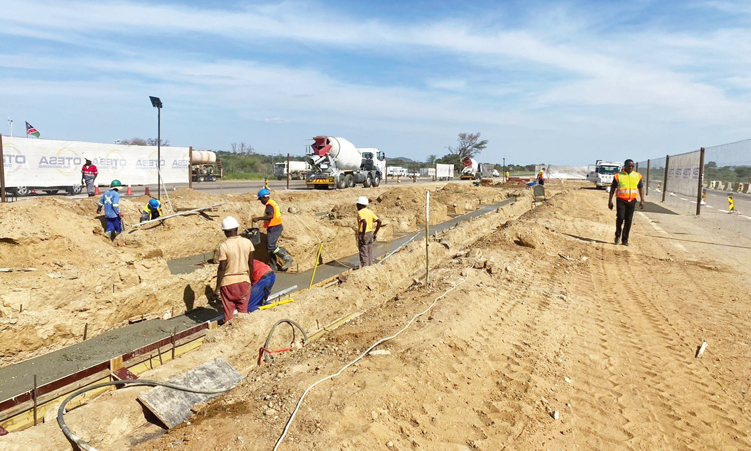ROME – The investment gap in Sub-Saharan Africa’s electricity sector amounts to US$31 billion a year, a senior World Bank official said on Monday, urging G8 energy ministers meeting in Rome not to forget the world’s poor.
Of the 1,6 billion people who don’t have access to electricity around the world, 550 million people live in Africa, Jamal Saghir, director for energy, transport and water at the World Bank told Reuters in an interview.
But while large-scale electrification programmes are under way in Asia and Latin America, the number of people deprived of electricity in Africa is set to rise to 650 million by 2030 if current trends are confirmed.
Unreliable power supply can have big economic costs, Saghir said, and the global financial crisis has only made things worse.
‘If we redress Africa’s power deficit that could boost growth by 2 per cent, h he said, ahead of a presentation to the G8 meeting.
‘Fifty per cent of the companies we interviewed cited power supply as a major impediment to doing business there, h he added, urging donors, governments and the private sector to boost investments in the continent.
-Nampa-Reuters
Stay informed with The Namibian – your source for credible journalism. Get in-depth reporting and opinions for
only N$85 a month. Invest in journalism, invest in democracy –
Subscribe Now!










